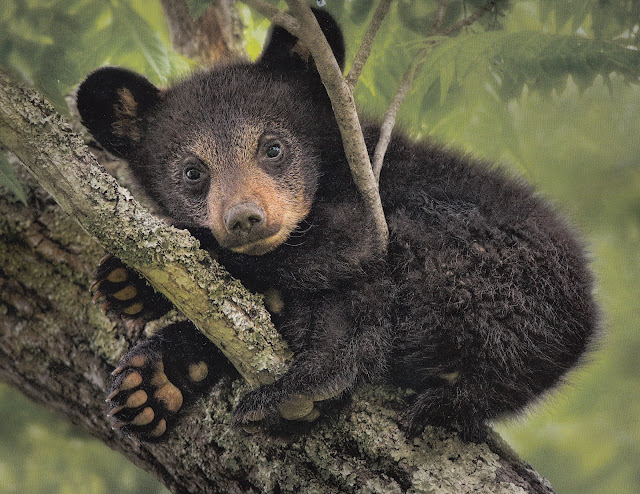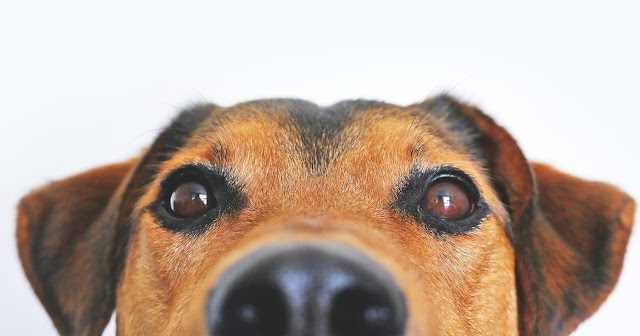Евгений Евтушенко
(1933-2017)
Дай бог
Дай бог слепцам глаза вернуть
и спины выпрямить горбатым.
Дай бог быть богом хоть чуть-чуть,
но быть нельзя чуть-чуть распятым.
Дай бог не вляпаться во власть
и не геройствовать подложно,
и быть богатым — но не красть,
конечно, если так возможно.
Дай бог быть тертым калачом,
не сожранным ничьею шайкой,
ни жертвой быть, ни палачом,
ни барином, ни попрошайкой.
Дай бог поменьше рваных ран,
когда идет большая драка.
Дай бог побольше разных стран,
не потеряв своей, однако.
Дай бог, чтобы твоя страна
тебя не пнула сапожищем.
Дай бог, чтобы твоя жена
тебя любила даже нищим.
Дай бог лжецам замкнуть уста,
глас божий слыша в детском крике.
Дай бог живым узреть Христа,
пусть не в мужском, так в женском лике.
Не крест — бескрестье мы несем,
а как сгибаемся убого.
Чтоб не извериться во всем,
Дай бог ну хоть немного Бога!
Дай бог всего, всего, всего
и сразу всем — чтоб не обидно…
Дай бог всего, но лишь того,
за что потом не станет стыдно.
1990
d
Literal Translation
God Grant
God grant to the blind
that they get their eyes back
And that the hunchbacked
have spines made straight.
God grant [one] to be in
some small degree a god,
But in no small degree
need one be crucified.
God grant us not to
blunder into power [roughly: get mixed up in politics]
And not to play the
phony hero,
And to be rich—but not
to steal,
If, of course, that’s
possible.
God grant [us] a freshly
grated loaf of bread (roll)
Not chomped on by
anyone’s gang,
[God grant us] to be
neither a sacrifice (victim) nor a hangman,
Neither a nobleman, nor
a panhandler.
God grant we end up with
few lacerations
When we get in a big
fight.
God grant there be more
of all different countries,
Assuming we don’t lose
our own, that is.
God grant that your own
country
Not kick you with a big
clodhopper.
God grant that your wife
Love you even if you’re
destitute.
God grant that liars
keep it quiet
When they hear the voice
of God in the cry of a child.
God grant that the
living get to see Christ Himself,
If not in the face of
man, then in the face of woman.
We bear not a cross; we
bear crosslessness,
But how wretchedly it
bends us down.
In order not to lose
faith in everything,
God grant [us] at least
a little bit of God!
God grant everything,
everything, everything
And immediately to all;
so as not to offend anyone . . .
God grant everything,
but only the sort of things
For which later on we
won’t feel ashamed.
d
Literary Translation/Adaptation by U.R. Bowie
God Grant
God grant to the blind
their sight to return,
To the hunchbacks straight
spines, sans afflictions.
God grant some small
godliness humans may learn,
But spare us the whips,
crucifixions.
God grant that we lord
over none, nobody,
And not play the hero,
or flaunt fakery,
Make lots of money—but
honest still be,
Or does money come only
with dishonesty?
God grant us a nice
slice of freshly baked bread,
Not chomped on by vile
creeps and goonies,
And spare us beheading,
but let’s not behead,
Be neither a grandee, a
beggar or loonie.
God grant when involved
in a nasty melee
We come out with only a few
lacerations.
As long as we have our
own dam and spillway,
May rivers and spillways
flow on in all nations.
God grant us not to be
kicked in the butt
By the boot of our
homeland (a great big clodhopper).
God grant that your wife
learn to keep her mouth shut,
And love you and
cherish, even if you’re a pauper.
God grant that the liars
don’t set the zeitgeist,
Let’s hear God’s sweet
voice in a child’s galimatias.
God grant that we
mortals can somehow see Christ,
If not in men’s faces,
then womanly faces.
Though we bear not a
cross we bear crosslessness,
Which bends us and
weighs us most wretchedly down.
So as not to lose heart and
feel lostlessness,
God grant us a wee bit
of God in the round.
God grant us our wishes,
our all, everything,
And so’s to be fair, may
He grant grace to all . . .
But please God, don’t
grant us some vile anything
For which later on we’ll
lament, moan and bawl.
декламирует Евтушенко:
https://www.youtube.com/watch?v=iRegLrn2Enw&ab_channel=MikhailMorgulis











